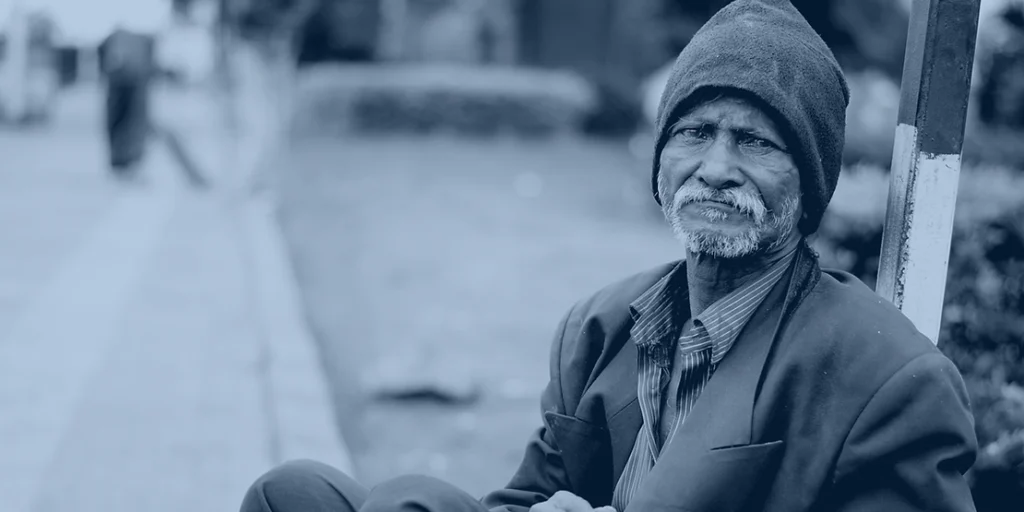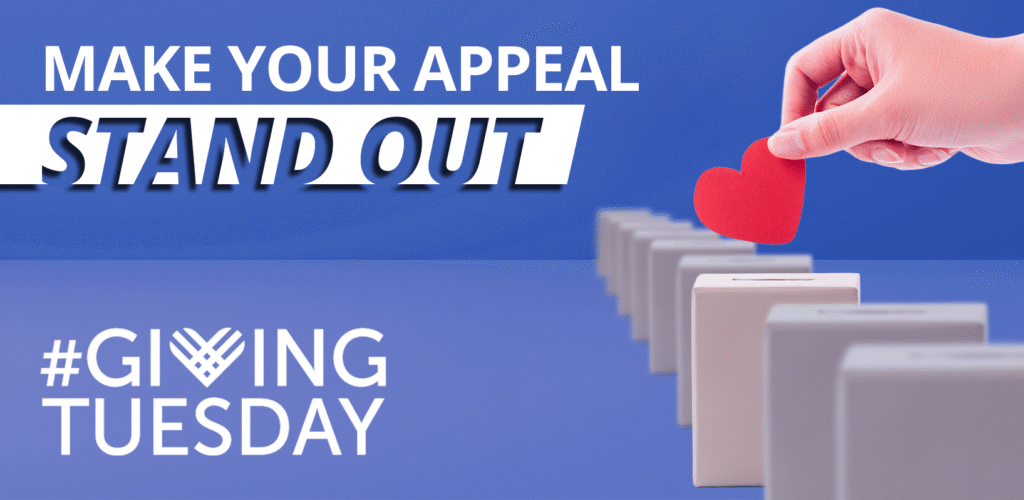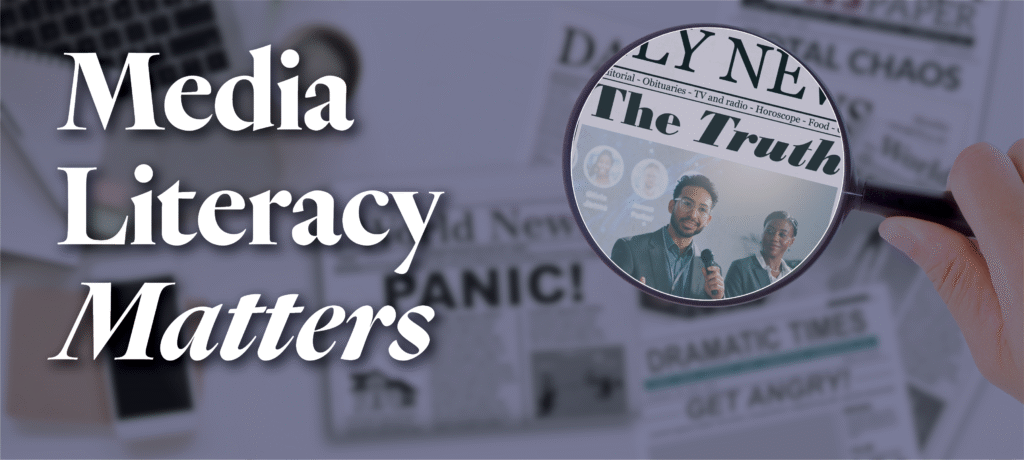
Our team represents many concerns and clients, but we remain attuned to what’s happening in the communities where we live. Here, Larry Miller, Special Projects Manager in Ceisler Media’s Philadelphia office offers a different take on the important issue of poverty:
Members of the Democratic Party were euphoric over having a majority in the U.S. House of Representatives. Now we have several members of Congress throwing their names into the political arena to challenge President Donald Trump for the presidency.
Over the last few months I’ve received polls on my Facebook page from some of the Democratic presidential candidates (I won’t specify who) requesting donations. Before the hands went out though, there was a request for information about the issues I was most concerned about as an American citizen. Listed were: climate change, education, immigration reform, women’s rights and gender inequality among a few others.
The issue of poverty was conspicuously not on the list.
As a taxpaying citizen that disturbs me. As a human being it angers me. As an African American it leaves me enraged that the political party so long supported by my people did not have a problem we have long endured at the top of the agenda.
I’m reminded of something that El Hajj Malik El-Shabazz (Malcolm X) said about the Democratic Party during his Ballot or the Bullet speech in 1964: “You put them first and they put you last.” That’s only a partial quote because some of the statements Malcolm X made would likely offend people on both sides of the political and racial aisles.
But the meaning of the quote is clear.
The focus of these campaigns have changed somewhat, as the campaigning revs up and anti-Trump vilification takes its usual twists and turns. I am just beginning to see indications about the recognition of the plight of our nation’s poorest citizens, ethnicity notwithstanding and formulization of plans for rectifying this continuing problem.
They range from substantial tax cuts for those in the lowest income brackets, and housing plans that would benefit those most in need. There’s debate about raising the minimum wage to $15.00 an hour. Of course, all of these agenda items need to be on the table.
But tell me, what good is a tax cut to someone who isn’t working or doesn’t have the skills necessary for employment in the 21st century world? Is $15.00 an hour going to make a difference to a person working a superficially full-time job but who doesn’t receive full-time hours?
The rate of poverty is 26 percent in Philadelphia. That number didn’t move very much during the Obama Administration and hasn’t declined during the Trump Administration, although the unemployment rate is reportedly the lowest in decades. Now of course, our local elected officials are well aware of this plight and truthfully, there are efforts to mitigate the problem and help these people.
During the March 25th Philadelphia City Council budget hearing, Democratic Councilman Allan Domb made some interesting remarks regarding poverty in this city.
“Twenty-six percent; that’s 400,000 people,” he said. “One hundred and eighty-one thousand make less than $1,000 a month. That’s pretty sad.”
On March 5, 2019, Philadelphia City Council released an independent report analyzing the problem and announced new legislation that will increase housing security for low-income people. The report, “Narrowing the Gap: Strategies to Alleviate and Prevent Poverty in Philadelphia,” analyzes housing security and equity; economic inequality, employment, and workers’ protections; and financial services and benefits programs to support people who are living in poverty or are at risk of falling into poverty.
“Poverty is one of the most serious challenges facing the City of Philadelphia. We must find innovative and effective ways to narrow the income gap to truly make Philadelphia a first-class City fostering an inclusive economy that offers meaningful opportunities for all our citizens to succeed,” said Sister Mary Scullion, President and Executive Director of Project HOME, in the press release.
According to a 2017 report researched by The Pew Charitable Trust on poverty, “Having roughly 400,000 poor people limits the tax revenue available to support government services; increases the demand for those services; and weighs on the economic performance of the city as well as the region.”
The Pew 2018 report on poverty in Philadelphia, The State of the City states:
“Even with more jobs and lower unemployment, the poverty rate stood at nearly 26 percent, and Philadelphia retained its title as the poorest of America’s 10 most populous cities. Nearly half of the city’s 400,000 poor residents were living in deep poverty. For one adult with two children, that meant an income of less than $10,000, which is 50 percent of the federal poverty threshold.
The Federal Poverty Line is $20,780 a year for a family of three.
As a nation we can do much, much better and I am not advocating for a socialist restructuring of our government. No way. I would suggest though that we use the funding currently being spent on fighting poverty on more efficient and effective strategies. That’s why we elect people to represent us in Harrisburg and Washington, DC, isn’t it?
Well, I don’t hold office. As an American citizen born and raised, I’ve lived long enough to know that the two best ways out of poverty is a very good education and jobs that pay family sustaining wages. Not to be offensive, but I believe any initiatives, programs, hearings, debates, discussions or roundtables that don’t have these components is just more talk.




